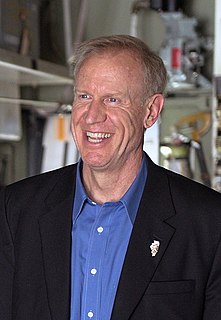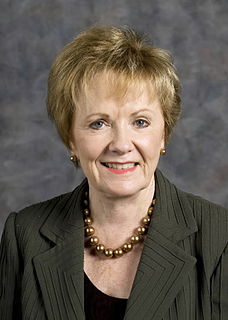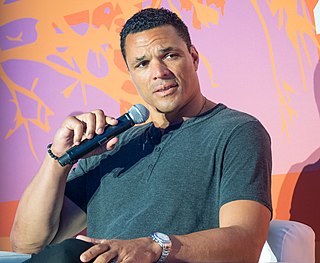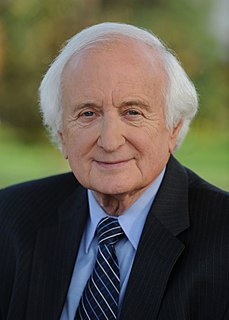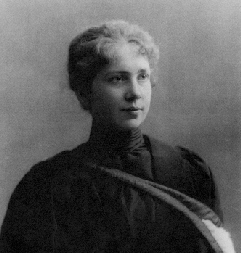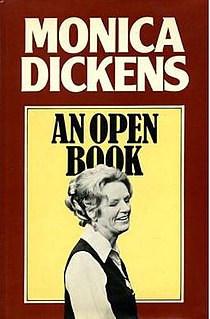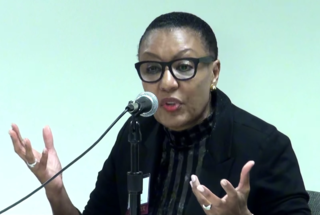A Quote by Bruce Rauner
When my mother was young, only two professions were open to women ; teaching and nursing. She chose nursing, but the teaching profession was full of talented women like her, confined there in part because they had few career options.
Related Quotes
My mother dedicated over fifty years of her life to the nursing profession, giving selflessly of her time, energy, and passion for the benefit of others. I always marvel at what an indelible and honorable contribution she has made and hope to be able to make a similar impact over the course of my life and career.
I think it is a duty I owe to my profession and to my sex to show that a woman has a right to the practice of her profession and cannot be condemned to abandon it merely because she marries. I cannot conceive how women's colleges, inviting and encouraging women to enter professions can be justly founded or maintained denying such a principle.
Nursing is a kind of mania; a fever in the blood; an incurable disease which, once contracted, cannot be got out of the system. If it was not like that, there would be no hospital nurses, for compared dispassionately with other professions, the hours are long, the work hard, and the pay inadequate to the amount of concentrated energy required. A nurse, however, does not view her profession dispassionately. It is too much a part of her.
The origin of nursing started out with prostitutes, who would go care for people in jail. That was back when nobody wanted to go to the hospital because it was basically a place that you went to die. It started progressing with the visiting nurses in the South. The women started wearing these outfits to make it look like they were more sophisticated and so that they could be more respected. They started recruiting women from good education backgrounds because they wanted to make it a more respected profession.
I think we have to acknowledge that people are different and succeed at different things, first of all. Men are better than women at some professions like firefighting, construction work, and physics. But women are better than men at some professions, too, like elementary teaching, prostitution, and giving birth. Who's to say which is more important?
I had very supportive parents that made the way for me, even at a time when there were very few women - no women, really; maybe two or three women - and very few, fewer than that, African-American women heading in this direction, so there were very few people to look up to. You just had to have faith.
